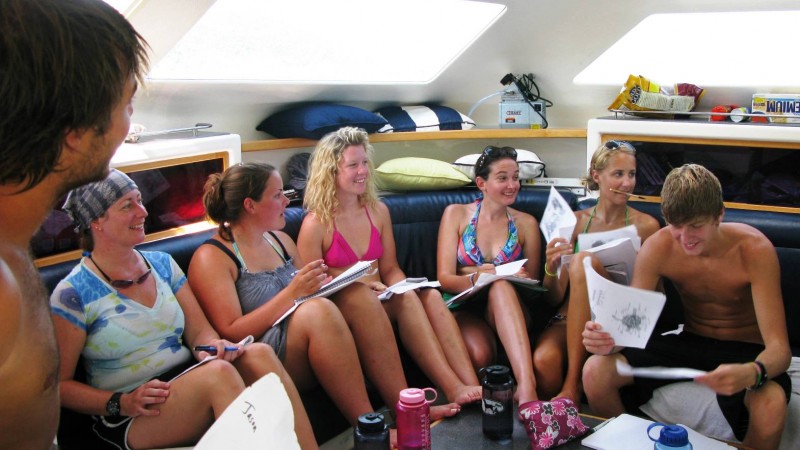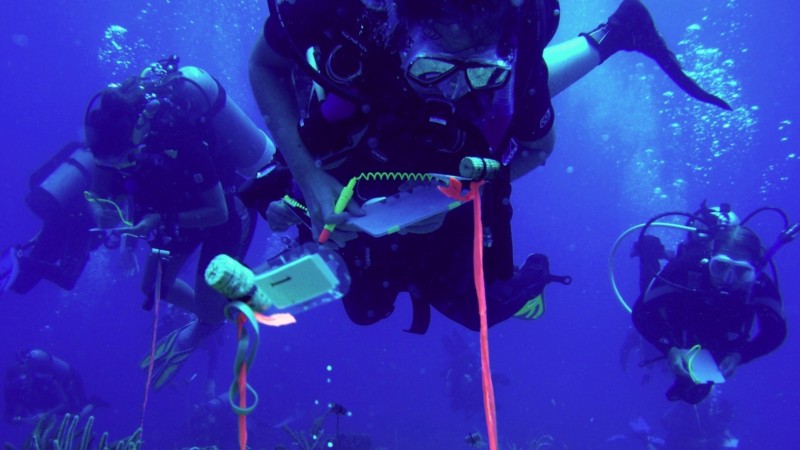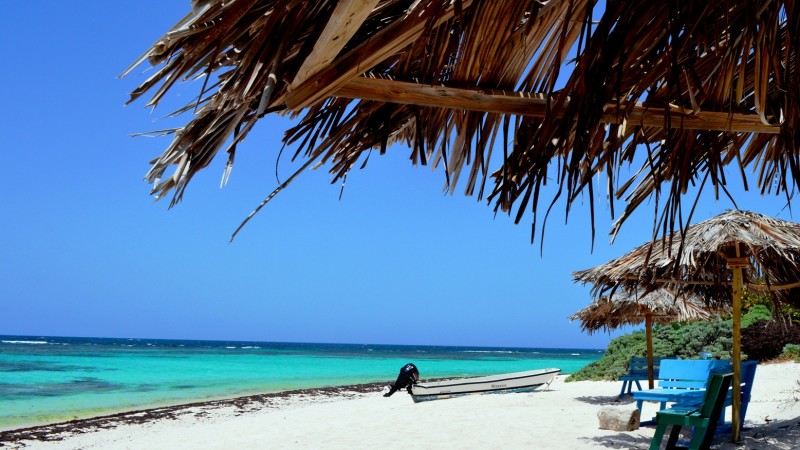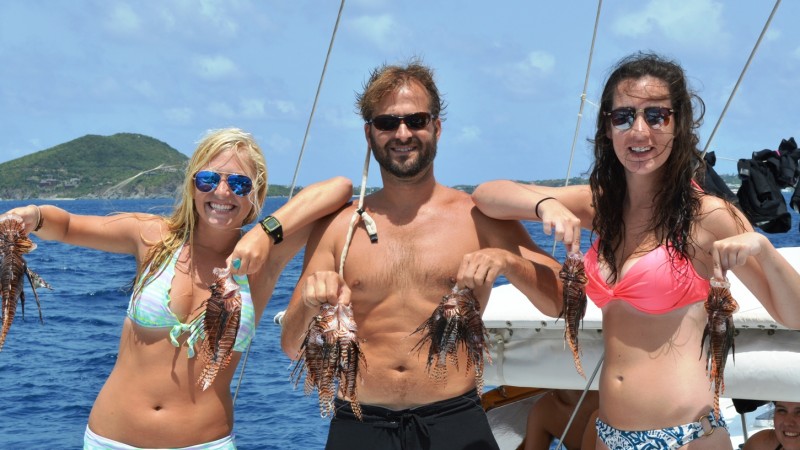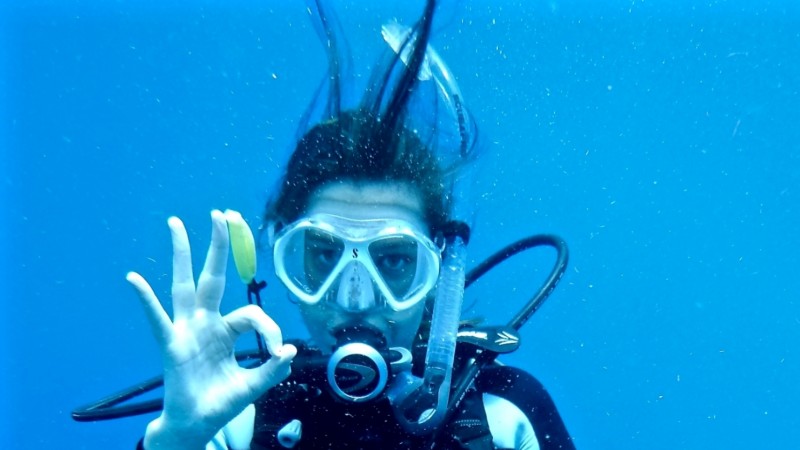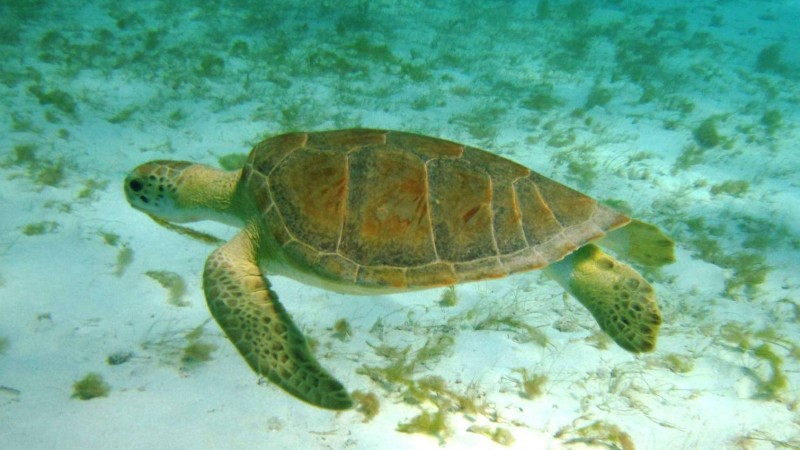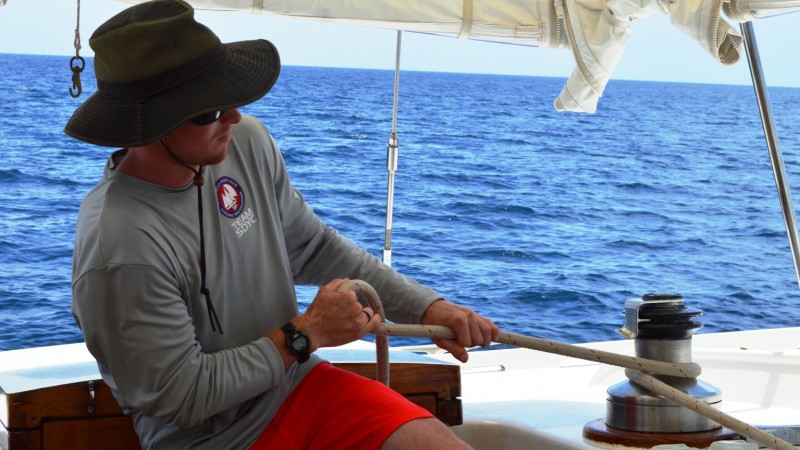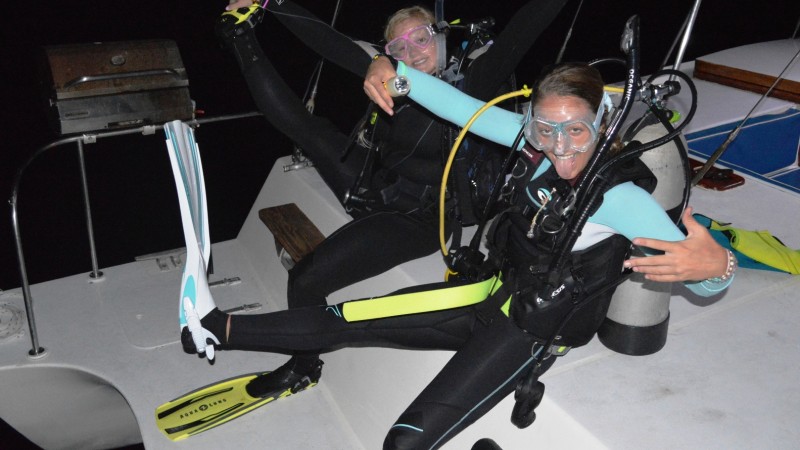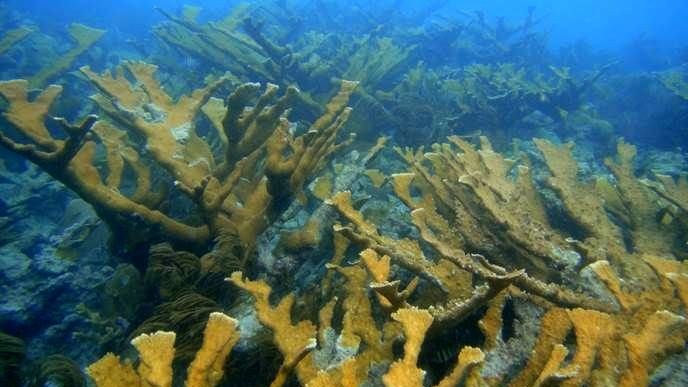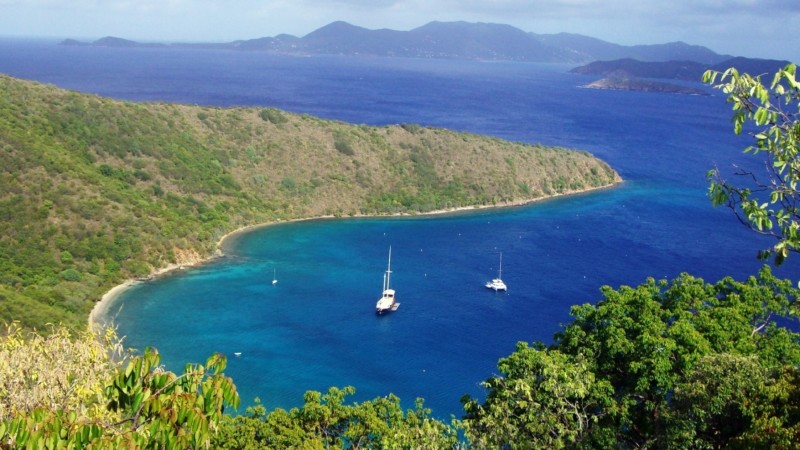COLLEGE PROGRAMS ARE CURRENTLY CLOSED. MANTA IS THRILLED TO HAVE OFFERED THE AMAZING STUDY ABROAD EXPERIENCES DEPICTED BELOW FOR 12 YEARS IN COLLABORATION WITH THE COLLEGE OF CHARLESTON. WE ARE EXCITED TO BUILD ON THIS FOUNDATION IN MARINE SCIENCE EXPERENTIAL EDUCATION BY EXPANDING OUR PROGRAMS TO A BROADER COMMUNITY, AND IMPROVING UPON THESE COURSES IN EXCITING AND BIG NEW WAYS. STAYED TUNED FOR MORE DETAILS FOR 2024!
The courses below were offered from 2010 to 2022
Course: Intro to Marine Science Diving and Coral Reefs, BIOL 209 (4 cr)
Course: Field Studies in Coral Reefs Biology, BIOL 453/453L (4 cr)
SUMMARY
-
-
A unique opportunity for students to learn about coral reef ecosystems through a multi-week, experienced-based field study program
-
Hands-on experience participating in fundamental & applied marine science research and conservation
-
Explore the Caribbean islands, learn deckhand and seamanship skills, perform SCUBA and snorkeling based field work
-
DESCRIPTION
The setting for this program is the beautiful Caribbean archipelago known as the British Virgin Islands (BVIs). The BVIs are one of the Caribbeans most unspoiled secrets, and are made up of a cluster of dozens of small volcanic islands surrounded by turquoise blue water. The idyllic scenery topside is complemented by a fascinating world beneath the sea, where coral reefs, shipwrecks, and seagrass beds provide the ideal natural laboratory for exploration. The base from which the program is operated isn’t restricted to one of these tropical islands, but instead is an 80 foot luxury Burger yacht fully equipped as a long-range, live-aboard dive and research vessel that we cruise throughout the island chain. For 15 days this live-aboard floating classroom, laboratory, and research platform will carry us through the diverse suite of tropical marine habitats, with a new environment and anchorage to explore each day.
The marine science instruction gives students a first-hand instruction to the biology, ecology, and conservation of Caribbean coral reef ecosystems. Lab and classroom instruction are combined with scuba-diving and snorkeling to teach students how to identify the Caribbean reef fish, coral, algae, sea turtles, and invertebrate creatures that make up a coral reef. The population and community-level ecology that describes the interactions between these organisms and the environment in which they live will then be discussed, providing students the opportunity to observe and learn about this environment simultaneously. Critical conservation issues and management strategies for reef ecosystems will expose students to the major issues and questions that challenge scientists in this discipline today. The lectures on these concepts will be complemented by discussion of contemporary research in the literature and case studies.
A fundamental part of this course is to teach students the hands-on field methods that are used in studying reef ecosystems. Among the first and most essential of these methods is scuba diving, so all students will earn their PADI Open Water (or Advanced) scuba certification during the course. Other in-water lab activities will teach techniques for assessing fish and invertebrate abundance and diversity, how to identify coral bleaching and disease, assays that measure fish behavior, and allow exploration of a diverse suite of tropical marine habitats including a variety of reefs (fringing, barrier, walls, coral gardens, pinnacles, boulder fields), shipwrecks, sea grass beds, and mangroves. Teams of students will then use their newly learned field techniques and the scientific method to finalize the design and execution of short field experiments to test hypotheses they have developed based on their own observations. The field experiment portion of the program may also be conducted as part of a larger research project being conducted by MANTA, a guest scientist, or by a graduate student working as a teaching/research assistant to the program while in pursuit of their thesis research.
This educational experience is not limited to academic pursuits. Students also receive hands-on instruction in the nautical sciences, including fundamental skills and concepts like basic seamanship, knots, piloting yachts and small boats, rules of the road, boat anatomy and terminology, marine electronics, and navigation techniques like reading nautical charts, using a compass, and plotting a course. For students wishing to pursue a career in marine science, this practical training provides a critical part of the skill-set necessary to be a proficient crew member on a research vessel. This diverse approach to learning will also inspire confidence and create an understanding and appreciation of the ocean from the perspective of a scientist and a mariner.



